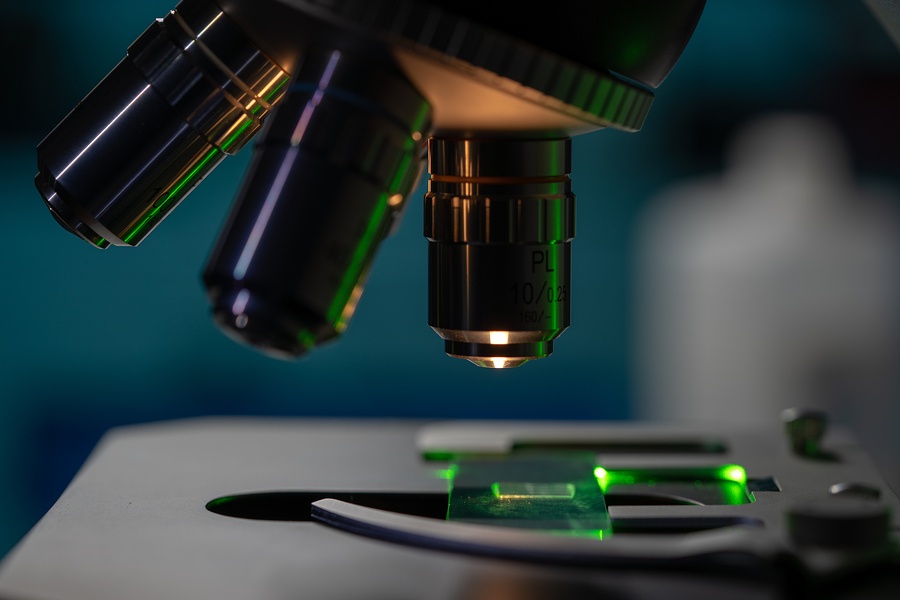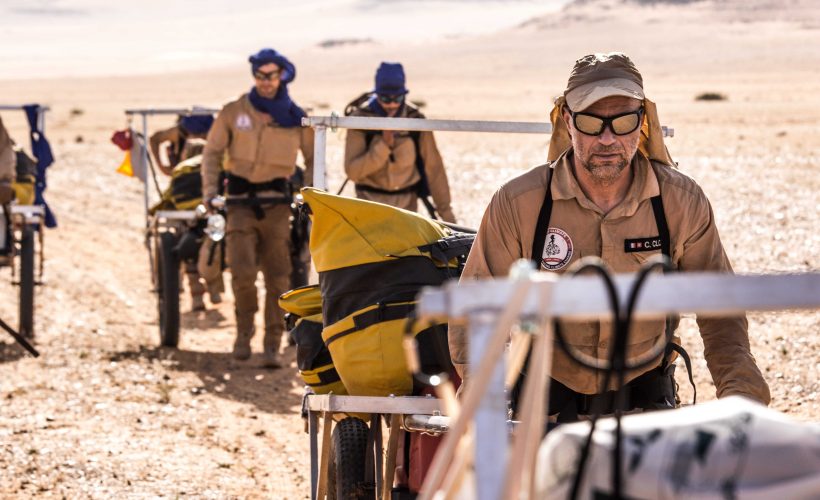Tech & Business
6.6.2019
In Egypt, future lies in the nanotechnologies

Far from the traditional stereotypes, the African continent to only poverty and disease, the field of sciences is experiencing a renaissance. Particularly in Egypt, where scientists are conducting cutting-edge work in the nanotechnology sector, providing innovative responses to local problematics.
Last April, the French Institute in Cairo presented some of these innovations through an exhibition initiated by Taina Cluzeau, a french journalist committed in an educational world tour where she meets scientists from the four corners of the planet.
A national project of science rebirth
In Egypt, the current government recently supported an investment program in order to develop science in the country. The constitution adopted in 2014 now makes mandatory the allocation of 1% of GDP to research and development. A decision to make the Egyptian economy more competitive and to meet the needs of the national industry, so far in the hands of foreign expertise.
In this same direction, the project of a University of Science and Technology was proposed twenty years ago by the Egyptian Ahmed Zewail, then laureate of the Nobel Prize in chemistry. Finally launched after the revolution in 2011, by the government that wanted at the time to develop a “knowledge economy”, this city of science is considered as a scientific renaissance of the Arab and Muslim world.
“Zuweil Science City must cooperate with governmental and non-governmental efforts in the scientific field to contribute to the development of Egypt” as we can read on the statement made by its founder, Ahmed Zuweil, on the University website.
Objective nanotechnos
Nanotechnology, the science of manipulating nanoscale atoms and molecules to modify the physical properties of matter, is present in many of the latest generation products, such as ultra-light tennis rackets, photovoltaics or cancer treatments. In Egypt, scientists are trying to take advantage of it in a variety of applications, from renewable energies to health, heritage preservation and data security. The progress made by nanophotonics by the Egyptian research teams of the Center for Nanophotonics and Intelligent Materials at Zewail City University (CPSM) has already had an impact on the development of solutions responding to national issues.
“We have now completed 45 projects in the areas of medicine, renewable energy and telecommunications. The mission of our department is to continue promoting the research culture in Egypt and to put the University of Zewail on the research global map, by publishing our innovations in international journals and by responding to society issues”
Saving energy and improve lives of diabetics people in Egypt
Among the projects carried out by the University: a prototype of a glucose monitoring system using nano-photonic sensor that provides very accurate results without any cutting the skin of patients. But also energy saving in data transport. By changing the structure of optical fibers with nanomaterials, University researchers have discovered it is possible to encode twice as much data while reducing the amount of energy required for it. A breakthrough in a country with more than 97 million people like Egypt and when we know that data transport could represent up to 51% of global energy consumption by 2030.
popular

